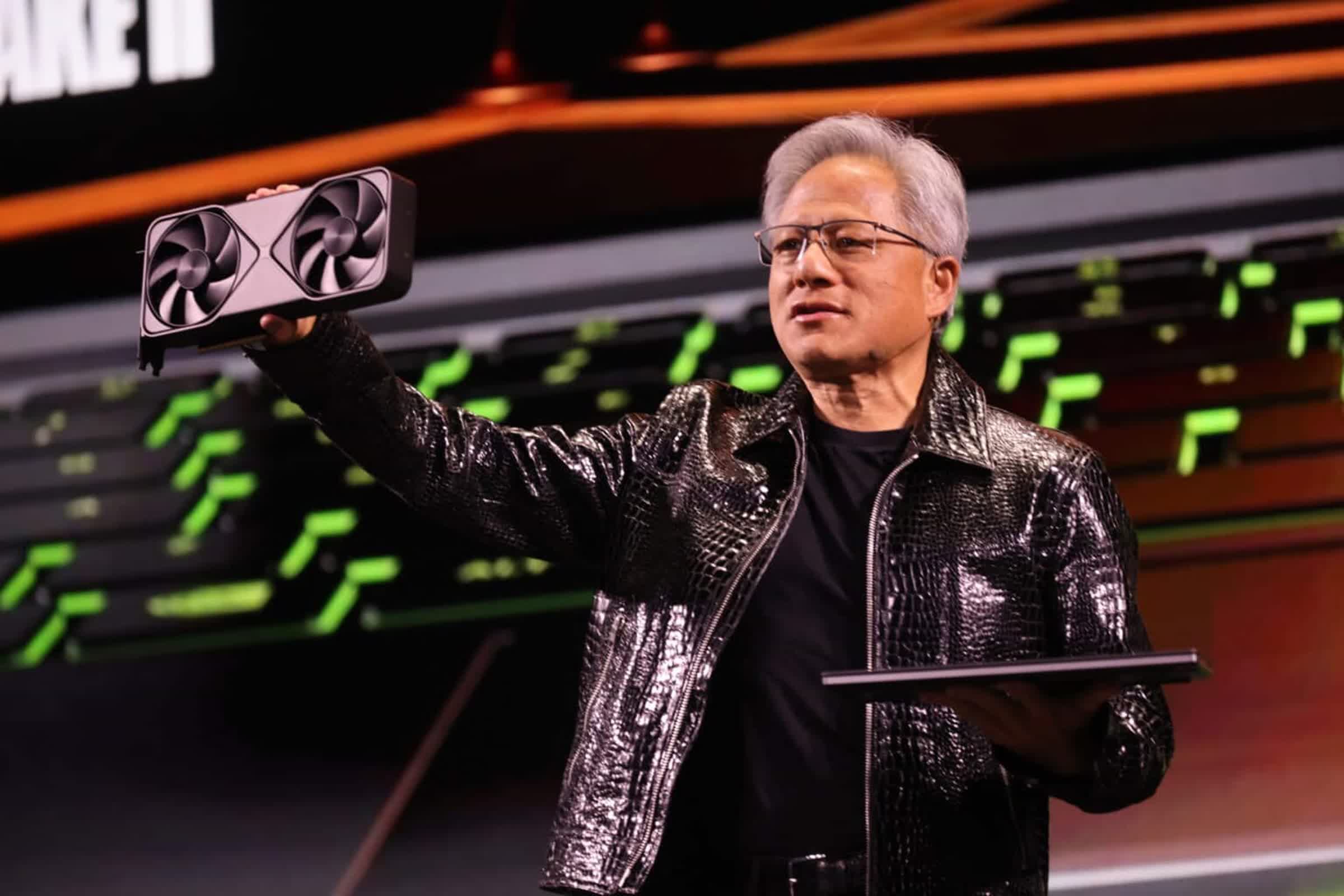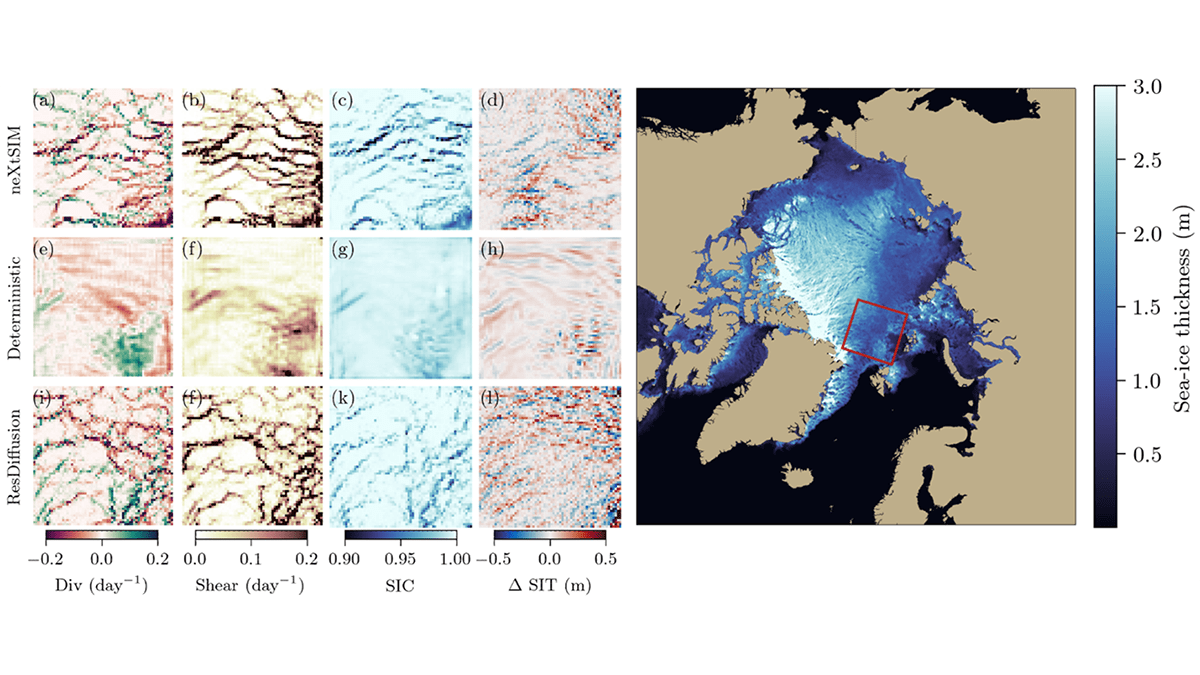At CES 2025, German Bionic announced the Apogee Ultra, a new robotic exoskeleton it claims is the “world’s most powerful.” What did the system do to earn such a lofty title? It offers up to 80 pounds of dynamic lift assistance. That mean a payload of 70 pounds feels more like 9 to 11 pounds to the lifter’s lower back.
In addition to lift assistance, the Apogee Ultra also assists walks, making a 10-mile journey feel more like eight. The company is aiming for industries like baggage handling and construction, as well as those that require workers to be on their feet and walking great distances, such as nursing.
Broadly speaking, the goal of robotic exoskeletons is augmenting human labor, rather than automating it out of existence. Effectively, employers can get more done with fewer employees when performing labor-intensive tasks.
They also have the potential to lower injury rates. German Bionic claims, for example, that its exoskeletons have result in a 31% reduction in sick leave in the workplace.
The company says the systems have been refined, courtesy of “vast amounts of high-quality, relevant data collected from thousands of users over countless hours of real-world application.”
The exoskeleton also utilizes AI to better adapt to a wearer’s specific needs. The company promises to support the system through over-the-air updates going forward.
The system is now available through German Bionic’s site. Specific pricing has not been disclosed at time of publication.








Leave a Comment